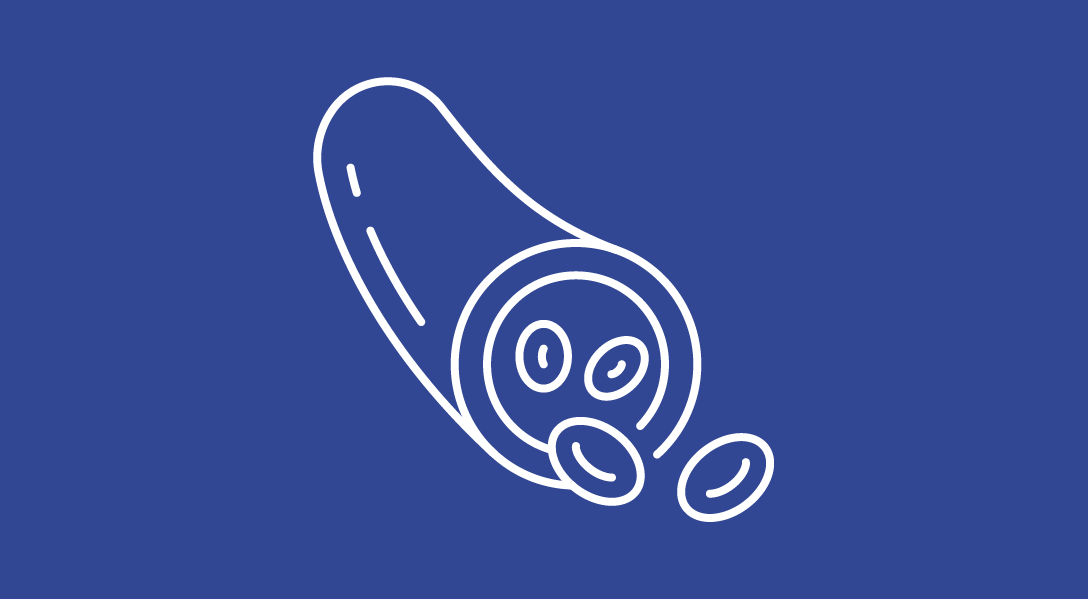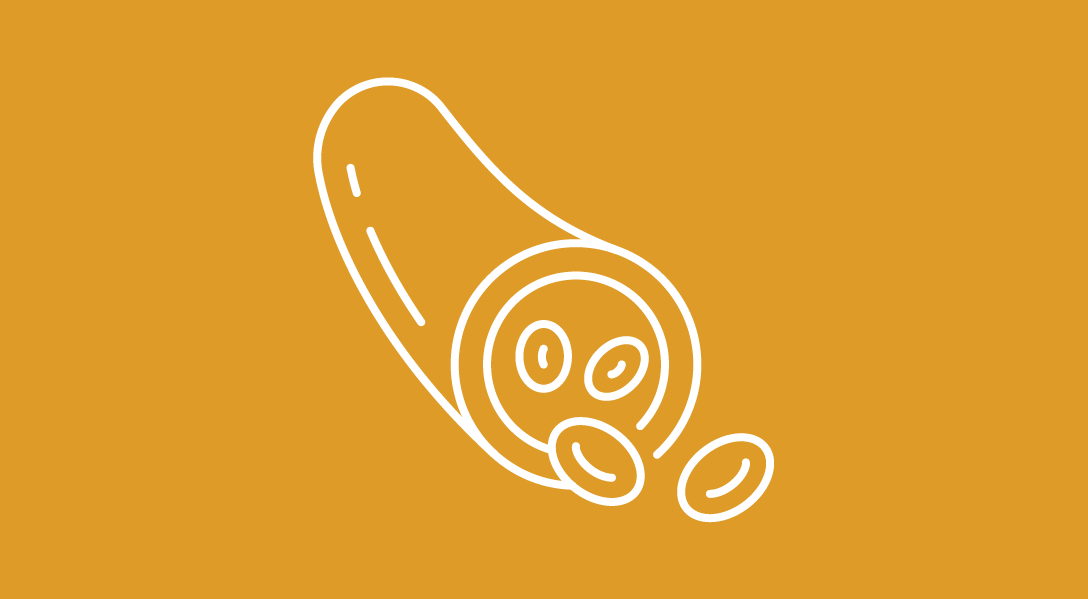Opinion: Wilderness Therapy Offers Benefits to Patients With Cancer
Wilderness therapy is a nontraditional form of therapy that uses components of exposure to outdoor activity and mental health treatment.
Opinion: Wilderness Therapy Offers Benefits to Patients With Cancer

Individuals with cancer are among a subset population of those who may benefit from wilderness therapy programs. Settings such as camps, retreats, and day programs have made the wilderness more accessible for patients with cancer. These settings promote many benefits to patients throughout recovery from a cancer diagnosis. Some of these benefits include social involvement and support, opportunities to build self-esteem, self-confidence, self-efficacy, as well as physical activity.1,2
Wilderness therapy has the capacity to counter the effects of social isolation that often accompany a diagnosis of cancer and allows for individuals to connect with others who have the shared experience of a cancer diagnosis. Social involvement and team building can foster and strengthen relationships, leading to the ability to form and build connections, which supports one’s mental health. Wilderness therapy settings and programs allow for individuals with cancer to increase their social involvement, which can provide a space to feel supported, connected, and collaboratively work to achieve a group goal that promotes a feeling of accomplishment. Social involvement can be a key component of recovery for these patients and wilderness therapy helps to provide connection to social outlets.3
Patients with cancer often face physical and emotional changes with a diagnosis and through subsequent treatment, which can impact self-esteem and self-confidence. Wilderness therapy can increase self-esteem by honing an individual’s ability to overcome physical challenges. This can help in building confidence and decreasing negative thought patterns. Also, in wilderness therapy programs, patients are given the opportunity to build interpersonal skills such as leadership, communication, and responsibility. These skills can be transferred to their cancer diagnosis experience by improving their ability to communicate with health care providers and advocate for their health. By replacing negative thought patterns, patients see an overall increase in self-worth and self-efficacy.
Physical activity can reduce and combat cancer symptoms and side effects such as fatigue, pain, appetite, and weight changes, leading to improvements in overall health outcomes.3 Wilderness therapy provides a setting for individuals with cancer to explore physical activity through exercises and decrease time spent indoors on electronics. Under the supervision of licensed professionals, patients are provided tools and resources that can assist in increasing exposure to exercise and activity in a safe setting that is nonjudgmental. Combined with the focus on supporting mental health, patients are given the support needed to overcome physical barriers from a diagnosis of cancer. This can help in strengthening one’s resilience and strength and help them to find their potential to overcome both physical and emotional challenges. This is something that is fostered and then used outside of wilderness therapy settings, such as in a cancer patient’s day-to-day routine.4
Conclusion
Health care professionals should explore the benefits of wilderness therapy with patients in their recovery from a diagnosis of cancer and use different resources and referrals. When choosing a wilderness therapy program for patients, it is important to find programs and settings that are specific for individuals with cancer and have qualified licensed professionals.5
Oncology Wilderness Therapy Resources
References
1. Friese G, Hendee JC, Kinziger M. The wilderness experience program industry in the United States: characteristics and dynamics. Journal of Experiential Education. 1998;21(1):40-45. doi:10.1177/105382599802100109
2. Gill EC, Goldenberg M, Starnes H, Phelan S. Outdoor adventure therapy to increase physical activity in young adult cancer survivors. J Psychosoc Oncol. 2016;34(3):184-99. doi:10.1080/07347332.2016.1157718
3. Jong MC, Stub T, Mulder E, Jong M. The development and acceptability of a wilderness programme to support the health and well-being of adolescent and young adult cancer survivors: the Waya Programme. Int J Environ Res Public Health. 2022;19(19):12012. doi:10.3390/ijerph191912012
4. Jong M, Lown EA, Schats W, et al. A scoping review to map the concept, content, and outcome of wilderness programs for childhood cancer survivors. PLoS One. 2021;16(1):e0243908. doi:10.1371/journal.pone.0243908
5. Terez Malka S, Warmack T. The benefits of wilderness programs for cancer patients and survivors: a literature review. Wilderness & Environmental Medicine. 2016;27(3):431. doi:10.1016/j.wem.2016.06.026



